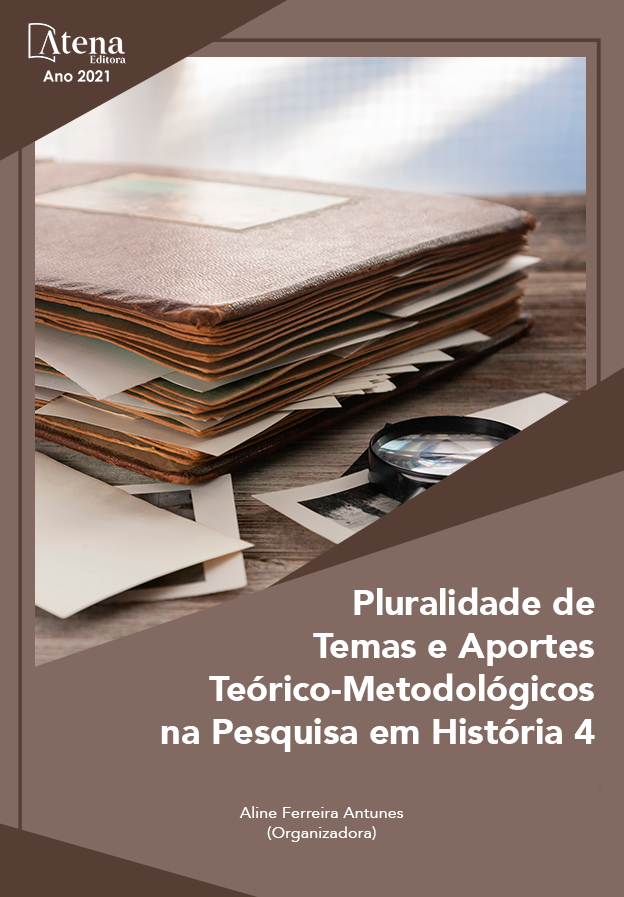
A DIOCESE DE ITAGUAÍ, A LUTA PELA TERRA E AS COMUNIDADES TRADICIONAIS NO LITORAL SUL FLUMINENSE ENTRE 1970 E1990
No Litoral Sul Fluminense, em 1980, foi instalada a Diocese de Itaguaí-RJ, composta pelos municípios de Angra dos Reis, Itaguaí, Mangaratiba e Paraty. A região sofreu uma transformação significativa, em especial, durante a década de 1970, associada a um processo de urbanização acelerado que desconsiderou as necessidades rurais de sobrevivência de seus antigos moradores. Dois elementos tiveram centralidade nessa experiência vivida: a luta pela terra, que marcou a região e a relação política estabelecida com todo o processo mediada pela fé. Assim, como parte dos estudos realizados pela pesquisa “A luta pela terra e a diocese de Itaguaí no Litoral Sul Fluminense, 2018, neste artigo, há uma abordagem sobre a importância da Campanha da Fraternidade e a Campanha Missionária, ambas realizadas em 1988, para tal região e situação. O ano de 1988 foi emblemático na organização de uma narrativa política para a construção de uma identidade racial. Externamente, o ano registrou celebrações e os protestos referentes aos 100 anos da abolição da escravidão no Brasil; e ocorreu a inserção dos direitos quilombolas na Constituição promulgada. Internamente, a Igreja Católica lançou a Campanha da Fraternidade com o tema: “A Fraternidade e o Negro”, como lema: “Ouvi o clamor deste povo”. A Campanha permitiu o diálogo mais amplo com a sociedade e tornou público um debate que já acontecia internamente. Foi o período em que os quilombos, dentro da construção religiosa, ligada à Teologia da Libertação, foram consagrados, como marco histórico, na construção da resistência negra à escravidão e como símbolo da luta por libertação. Trabalhamos em nossa tese com as mediações entre a religião e a política. O objetivo nesse artigo foi destacar a importância da realização da CF/88 para inserção de uma reflexão racial na luta pela terra na região.
A DIOCESE DE ITAGUAÍ, A LUTA PELA TERRA E AS COMUNIDADES TRADICIONAIS NO LITORAL SUL FLUMINENSE ENTRE 1970 E1990
-
DOI: 10.22533/at.ed.06621190310
-
Palavras-chave: Igreja Católica; Comissão Pastoral da Terra; Agentes de Pastoral Negros.
-
Keywords: Catholic church; Pastoral Land Commission; Black Pastoral Agents.
-
Abstract:
In 1980, the Itaguaí diocese was installed in the Southern Fluminense Coast, composed of the municipalities of Angra dos Reis, Itaguaí, Mangaratiba and Paraty. The region underwent a significant transformation, especially during the 1970s, associated with an accelerated urbanization process that disregarded the rural survival needs of its former residents. Two elements were central to this lived experience: the struggle for land that marked the region and the political relationship established with this whole process mediated by faith. In this article I will explore the importance that the Fraternity Campaign and the Missionary Campaign, both carried out in 1988, had within this process in the region. The year 1988 was emblematic in the organization of a political narrative for the construction of a racial identity. Externally the year registered celebrations and protests regarding the 100th year of abolition of slavery in Brazil; quilombola rights were included in the enacted Constitution; internally the Catholic Church launched a Fraternity Campaign with the theme: Fraternity and the Negro and as a motto: I heard the cry of this people. The Campaign allowed dialogue with the wider society and made public a debate that was already happening internally. It was the period when quilombos within religious construction, linked to Liberation Theology, were consecrated, as a historical landmark, in the construction of black resistance to slavery and as a symbol of the struggle for liberation. We work on our thesis with the mediations between religion and politics. The purpose of this article is to highlight the importance of carrying out the Fratenity Campaign of 1988 to insert a racial reflection in the struggle for land in the region.
-
Número de páginas: 16
- Maria do Carmo Gregório


